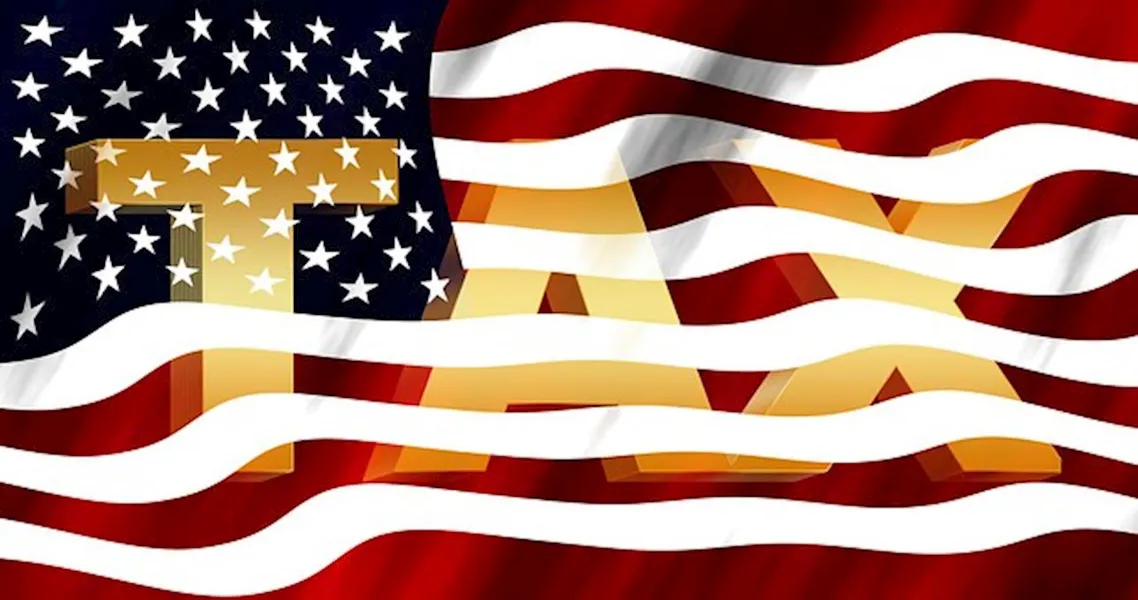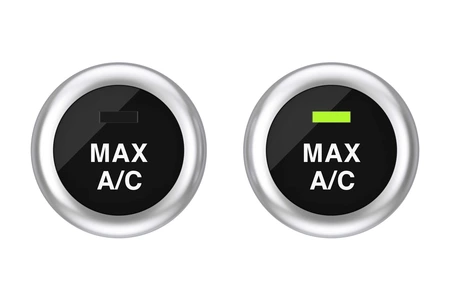April 15th has passed and hopefully, you are breathing a sigh of relief. Maybe you have extended your sigh of relief for a few months and still need to wrap things up. In either case, I wanted to share some random tax facts that hopefully will lighten your mood during this stressful time of the year.
Historical Tax facts
- The United States came about with its first income tax by way of the Revenue Act of 1861. A flat 3 percent tax on income above $800 was tried for a few years to fund the Civil War and repealed a decade later. In 1894, a new flat federal income tax was ruled unconstitutional by the U.S. Supreme Court. It was not until the 16th Amendment was ratified in 1913 that the federal income tax finally stuck for good. You’re welcome 😉
- Federal tax returns were not always due April 15. In 1913, taxes were due on March 1; in 1918 it was moved to March 15; and finally, in 1954, April 15 was given the nod for the current Tax Day.
- Withholdings weren’t always the norm! In the 1940s, our government needed a steady flow of cash to fund the WWII effort. We passed the Current Tax Payment Act of 1943, which required companies to withhold income taxes from employees' paychecks and make ongoing payments on employees' behalf to the government. From 1916 until then, Americans paid income taxes quarterly or annually.
- According to the Tax Foundation, Before World War II, few individuals or families owed income taxes. In fact, only 1.1 percent of working-age people filed a return, and of those, only about 17 percent did not have to pay income taxes.
- It has been worse! Today, the highest marginal income tax bracket is 39.6 percent, but it has been much higher. The Individual Income Tax Act of 1944 raised tax rates to the point where the highest bracket was 94 percent! It hovered around that level until 1964, when it was reduced to 70 percent.
- Even the ancient Greeks complained about taxes! Plato once said, "Where there is an income tax, the just man will pay more and the unjust less on the same amount of income."
- Beards are back in vogue, but there were times when having a beard was costly. During the 16th century, King Henry VIII imposed a tax on beards that increased with the wearer's social status. Eventually, the tax was dropped, but his daughter, Queen Elizabeth I, reintroduced a beard tax on anyone with more than two weeks' worth of growth. In Russia, Peter the Great wanted to Westernize the country and required every man, except peasants and clergy, to buy a "beard token" to prove they had paid up. The tax lasted from 1698 to 1772.
- As Benjamin Franklin said, "In this world, nothing can be said to be certain, except death and taxes."












